A Controversial Call for Sanctions
The Simon Ekpa-led Biafra Republic Government in Exile (BRGIE) has thrown its weight behind a recent call by the United States Congress for President Donald Trump to designate Nigeria as a Country of Particular Concern (CPC). This designation, often used to highlight nations with severe religious freedom violations, comes in response to allegations of widespread persecution of Christians in Nigeria. The move has sparked heated debates, with the Nigerian government dismissing the claims as unfounded.

US Congress Hearing: A Spotlight on Nigeria’s Religious Crisis
On March 12, 2025, the US House Foreign Affairs Subcommittee on Africa held a hearing to address the escalating religious violence in Nigeria. Committee Chairman Chris Smith (R-NJ) highlighted the severity of the crisis, citing firsthand testimony from Bishop Wilfred Anagbe of the Diocese of Makurdi. The subcommittee revealed alarming statistics, noting that Nigeria accounts for 90% of Christians killed worldwide annually.
A 2024 report by the Observatory for Religious Freedom in Africa further underscored the gravity of the situation, revealing that out of 55,910 people killed between October 2019 and September 2023, 21,000 were abducted by terror groups. The report emphasized that these attacks are religiously motivated, calling for an end to what it termed “religious cleansing.”
Global Persecution Index: Nigeria Among Deadliest for Christians
The Global Persecution Index has consistently ranked Nigeria as one of the deadliest countries for Christians. This classification has fueled international concern, prompting calls for decisive action. The US Congress’s recommendation to designate Nigeria as a CPC is seen as a step toward holding the Nigerian government accountable for its failure to protect religious minorities.
BRGIE’s Role: Lobbying for Biafra and Sanctions
Ogechukwu Nkere, the Acting Prime Minister of BRGIE, hailed the US Congress’s recommendation, claiming it was a direct result of the group’s lobbying efforts. In a statement posted on his official X account, Nkere revealed that BRGIE had engaged in high-level discussions with US lawmakers, including Rep. Pramila Jayapal (D-WA), Rep. James Baird (R-IN), and Rep. Jonathan Jackson (D-IL).
Nkere stated, “BRGIE, through its lobbying firm, has actively engaged with the House Foreign Affairs Committee and the Africa Subcommittee over the past months. We strongly recommended the need for Congressional hearings and for Nigeria to be re-designated as a Country of Particular Concern.” He added that the hearing was a testament to the effectiveness of BRGIE’s lobbying campaign.
Biafra Independence: A Diplomatic Leap Forward
Nkere also highlighted BRGIE’s efforts to advance the cause of Biafra independence. He noted that the group had secured recognition from the US Department of Justice and had held high-level meetings with US Senators and Congresspersons. These efforts culminated in the Declaration Convention held in Lahti, Finland, in 2024, where 517 Biafran delegates ratified a self-referendum conducted from February 1, 2024, to November 28, 2024.
“This has become imperative after the Declaration Convention,” Nkere said, emphasizing that BRGIE views the CPC designation as a first step toward broader international recognition of Biafra’s independence.
Nigerian Government’s Response: Dismissal and Denial
The Nigerian government has vehemently rejected the US Congress’s claims, dismissing the allegations of widespread Christian persecution as exaggerated. In a statement issued by Kimiebi Ebienfa, the acting spokesperson for the Ministry of Foreign Affairs, the government insisted that the situation in Nigeria does not warrant such a designation.
“The report that Christian killings are widespread in Nigeria is unfounded and does not reflect the reality on the ground,” Ebienfa stated. The government accused external actors of attempting to destabilize the country and undermine its sovereignty.
The Bigger Picture: Implications for Nigeria
The US Congress’s call to designate Nigeria as a CPC has far-reaching implications. If implemented, it could lead to economic sanctions, restrictions on foreign aid, and increased international scrutiny. For the Nigerian government, this represents a significant diplomatic challenge, as it seeks to counter the narrative of religious persecution and maintain its standing on the global stage.
For BRGIE and the Biafra independence movement, the development is a major victory, bolstering their campaign for international recognition and support. However, it also raises questions about the potential for further polarization within Nigeria, particularly in regions already grappling with ethnic and religious tensions.
A Nation at a Crossroads
As Nigeria faces mounting pressure from the international community, the government’s response will be critical in shaping the country’s future. The allegations of religious persecution and the push for Biafra independence highlight the deep-seated challenges confronting Africa’s most populous nation. Whether Nigeria can address these issues and restore its international reputation remains to be seen.
For now, the debate over the CPC designation underscores the complex interplay between domestic politics, religious freedom, and global diplomacy—a debate that shows no signs of abating.






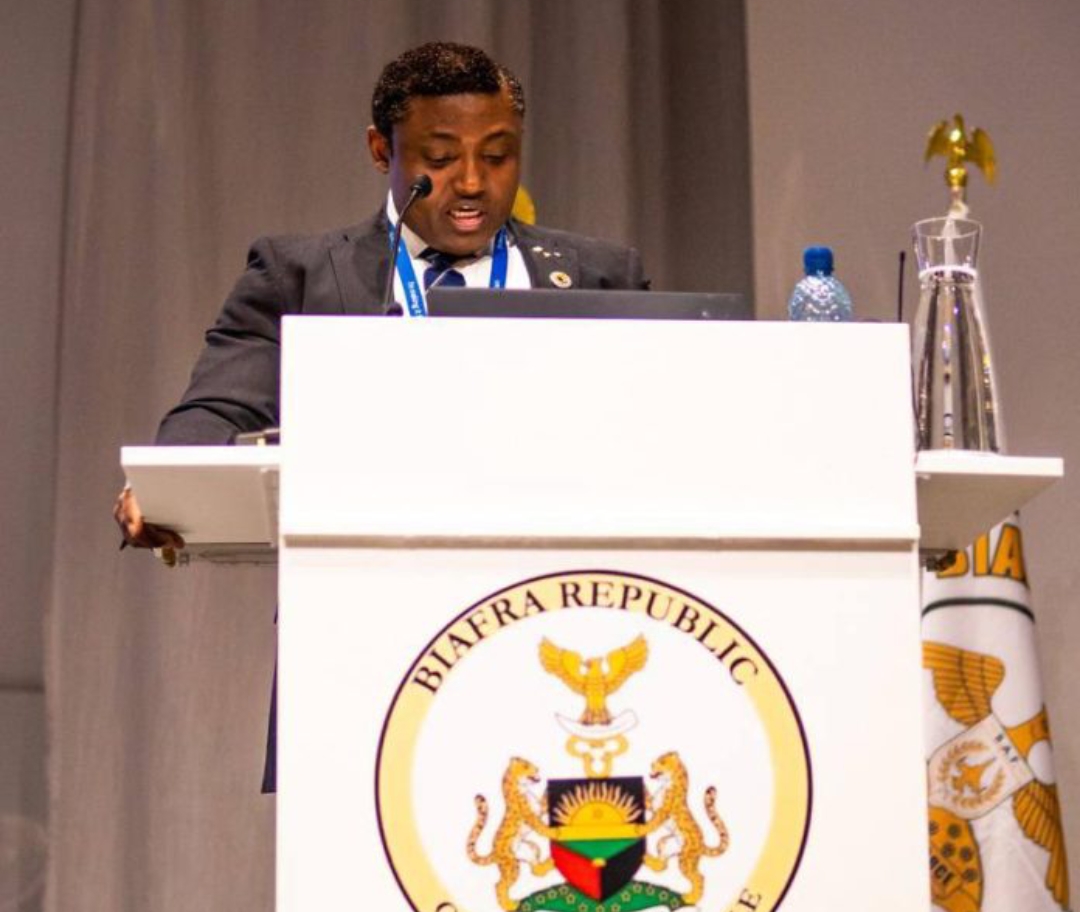





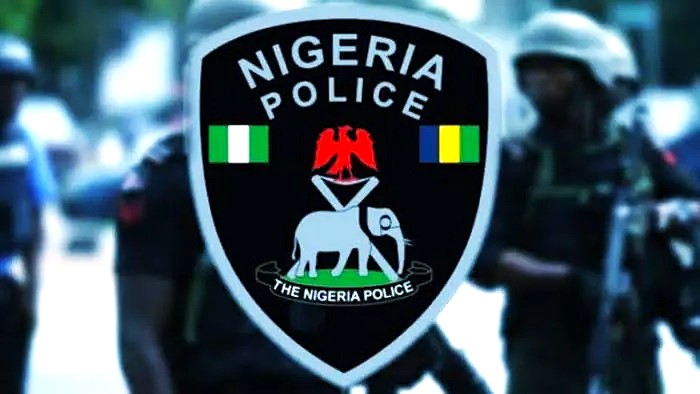
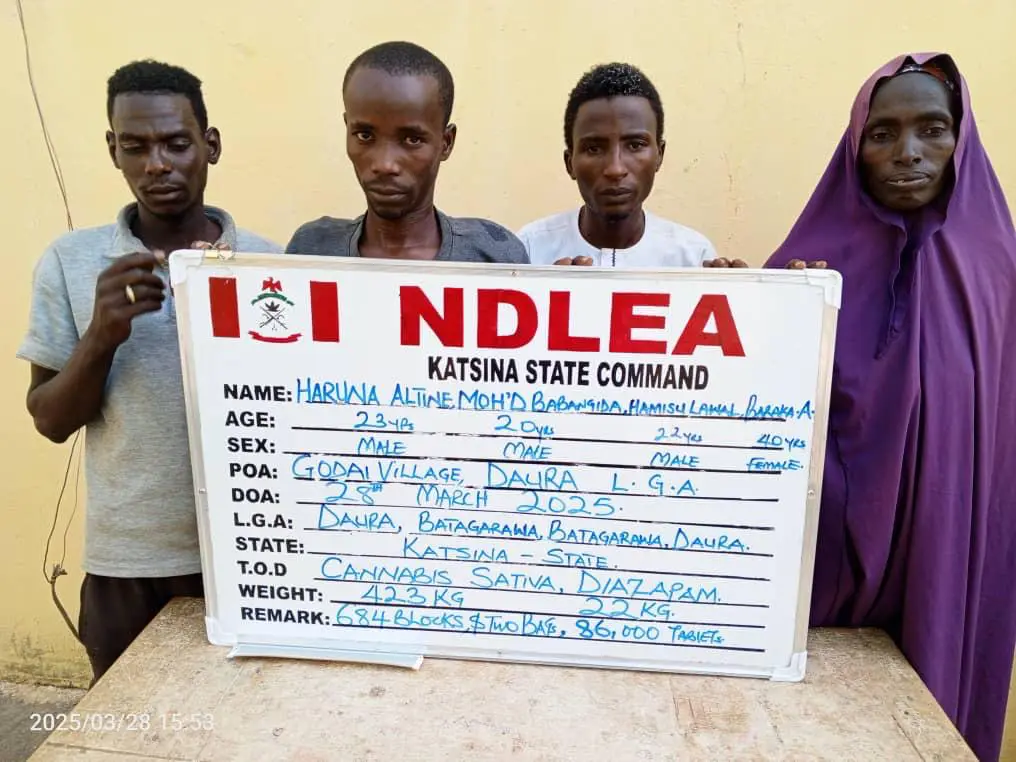
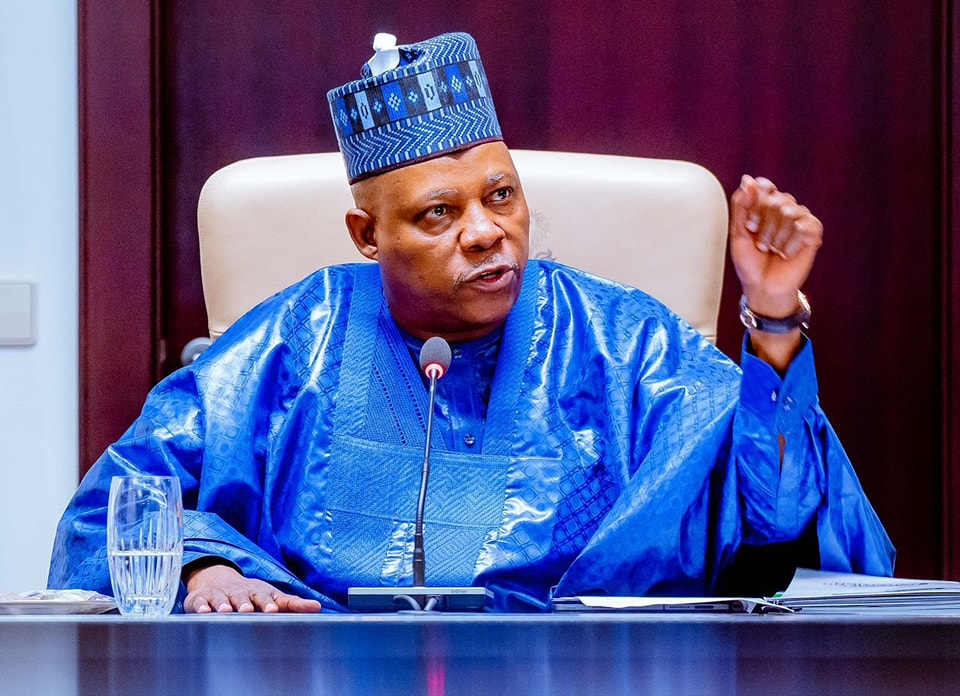
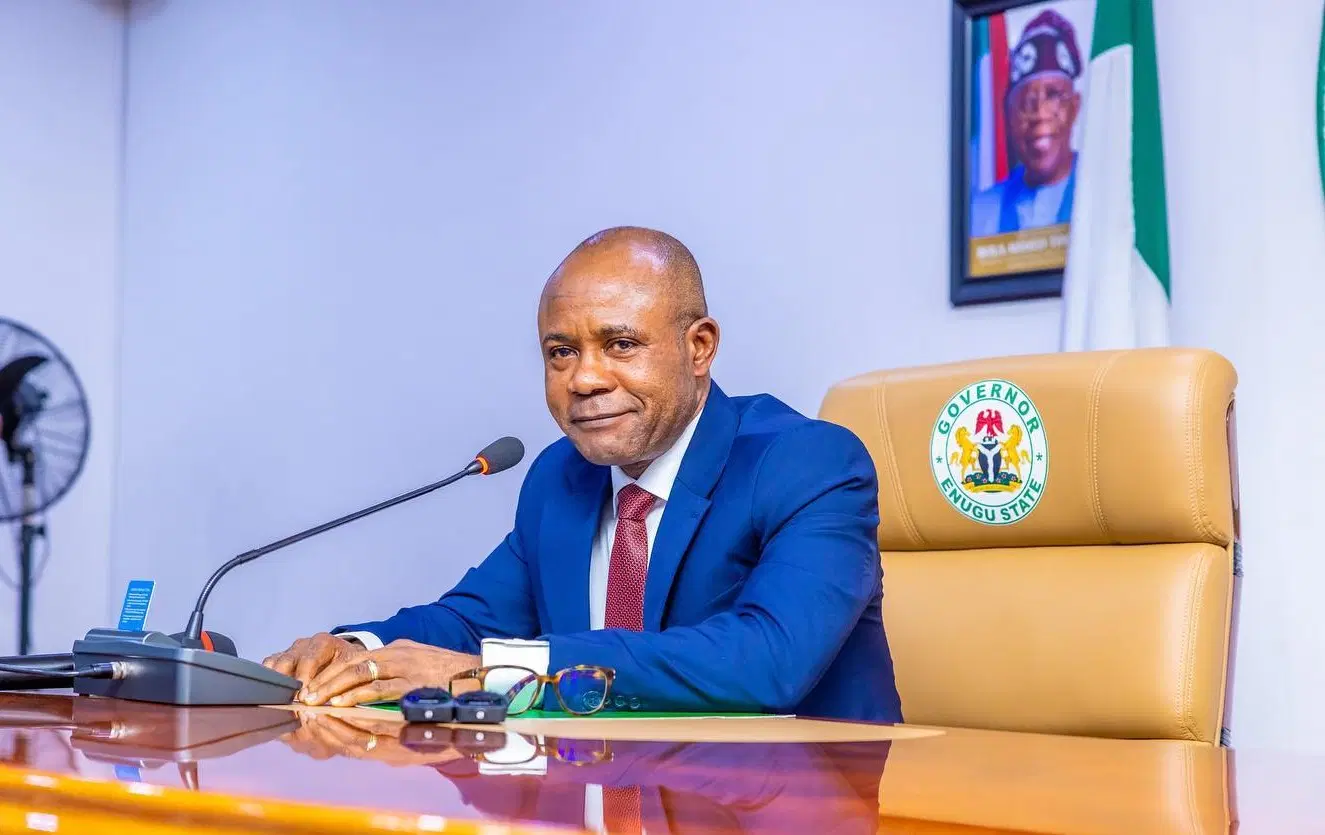
Got a Questions?
Find us on Socials or Contact us and we’ll get back to you as soon as possible.